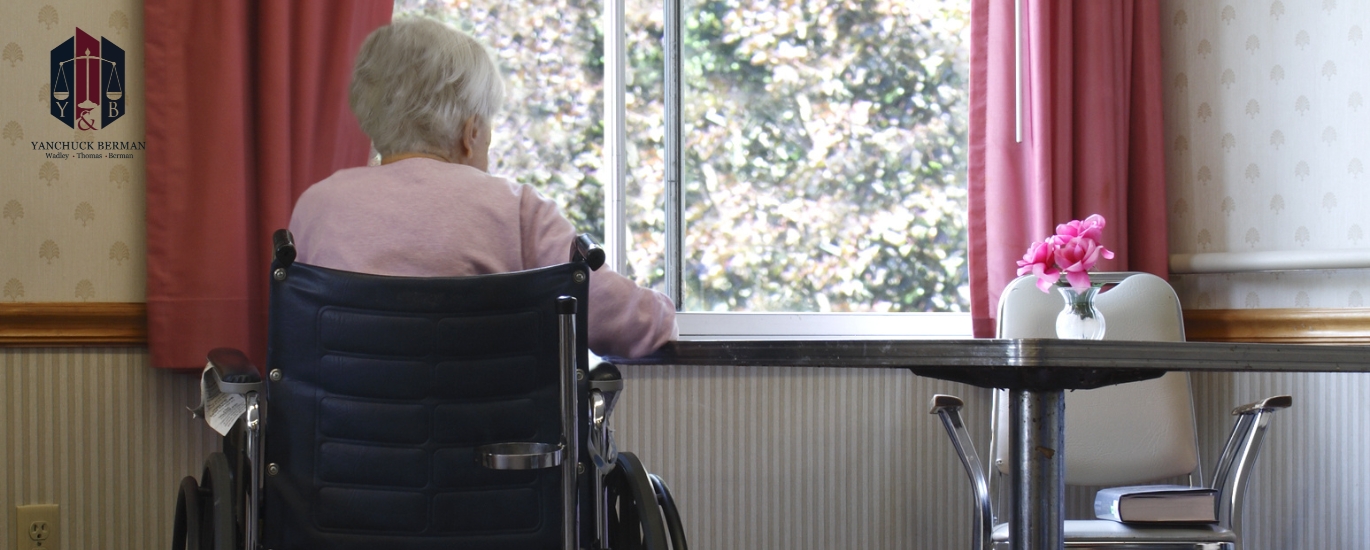


Nursing home abuse is alarmingly prevalent. Studies suggest that approximately 10% of nursing home residents are subjected to some form of abuse every year. This translates to about 5 million cases of nursing home abuse every year.
The perpetrators are usually the professionals who are supposed to be caring for them. Sadly, many victims don’t report abuse out of confusion or fear of retaliation. Only around 1 in 14 cases of nursing home abuse are ever reported.
To protect your loved ones, it’s important to familiarize yourself with common forms of nursing home abuse. If a loved one has suffered abuse in a nursing home, a nursing home abuse attorney can help you investigate the case and seek compensation for damages.
Nursing home abuse falls into several categories. Each category is equally serious, leaving victims with physical, emotional, and financial consequences. Common perpetrators include staff members, administrators, and other residents.
Here are five of the most common forms of abuse in nursing homes:
Physical abuse involves intentionally, negligently, or recklessly inflicting pain or bodily harm. It could take the form of hitting, kicking, shaking, slapping, pushing, or otherwise using physical force upon the resident. The use of unnecessary physical or chemical restraint can also be thought of as a form of physical nursing home abuse.
Some signs of physical abuse include:
While physical abuse can be committed against any nursing home resident, those with cognitive disorders may be at higher risk. Without proper medical care, this abuse can lead to serious injuries or even death.
All forms of non-consensual sexual activity constitute sexual abuse. It may be a result of force, threat, manipulation, deception, or a resident’s incapacity. This form of abuse typically targets the most vulnerable residents, who are not aware that they are being sexually assaulted or are just unable to report the abuse. Residents with conditions that impair memory are particularly at risk of being sexually abused.
Examples of sexual abuse in nursing homes include:
Common signs of sexual abuse include torn, stained, or bloody underwear; bruises or open skin around the genital area; panic attacks; bruises on the inner thigh; difficulty walking; or a sexually transmitted disease.
Emotional abuse is the most common type of nursing abuse in Florida and throughout the U.S. Those who inflict this type of abuse use both verbal and non-verbal methods to insult or threaten a resident. Emotional abuse can take the form of:
Victims of emotional nursing home abuse may become anxious, agitated, depressed, or withdrawn. They may also develop problems like fatigue, loss of sleep, and weight gain or loss.
Nursing home neglect occurs when a caregiver refuses or fails to fulfill his or her obligations or duties to a resident. As a result, a resident’s physical, psychological, and emotional well-being suffers.
Some of the warnings that might identify nursing home neglect include:
Financial abuse in a nursing home has many faces. It can involve:
Financial nursing home abuse is often the hardest to detect due to its complex nature. However, common signs of abuse include higher credit card balances, unexplained bank withdrawals, missing property or belongings, significant changes in spending habits, or changes to an elder’s power of attorney or will.
Has your loved one suffered nursing home abuse or neglect? A nursing home abuse attorney at Yanchuck Berman can help. We are committed to advocating for vulnerable seniors and holding nursing homes accountable for any harm that residents suffer.
We can help you build a claim and obtain compensation for medical bills, lost savings, and other expenses. Please contact us today at 727-822-6313 for legal assistance.